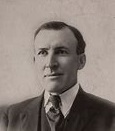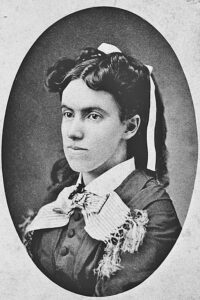One day I went to the grocery store to buy cat food. I was excited to use my Ilokano language skills, and knowing makan means “food” and pus means “cat”, I asked the employees, “Ada ti pusa nga nakan? (Is there cat food?)” They responded, “Oh, no, sir. We are out of stock.” I looked around, surprised that such a large grocery store had no cat food. My wife, a native of the area, had a good laugh when I told her what had happened. Instead of asking for kanan ti pusa, “food for the cat,” I had asked for “food of the cat,” or cat meat! — Jonathan, Philippines
“Is White Boy Christian?”
March 4, 2025
No Comments
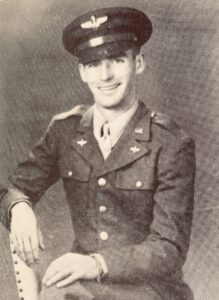
It was 1944 and WWII was still raging. Twenty-eight-year-old Mel Rutter and his battalion were sent to New Guinea to hunt for Japanese soldiers. After they arrived and were awaiting permanent orders, they had a lot of free time on their hands. These American soldiers had much uncertainty and fear in their minds and hearts. Being far from home, family, and facing certain death at any moment fostered a mindset of “eat, drink, and be merry, for tomorrow you die.” Sin was rampant: liquor, gambling, cursing, and obscene stories were the norm.
Mel, a young Christian, was saddened by such sin against His Lord and Saviour. To get away from it, he began walking, and before he realized what he was doing, he was deep into the jungle! In 1944, it was not safe to wander into the jungles of New Guinea where cannibal tribes still lived. Suddenly, his fears took shape in the form of a native cannibal standing right before him saying, “Hubba, hubba,” in broken English. Horror washed over Mel as he saw the filed-down, pointed teeth in the smiling face of this cannibal. Then Mel noticed the Book tucked under the cannibal’s arm. Never had his soul been so stirred and thrilled! This ex-cannibal was carrying a Bible! He looked at Mel, grinned with those pointy teeth, and asked, “Is white boy Christian?” Only God could orchestrate such a Divine appointment as this. Mel’s heart was greatly impressed by this humble ex-cannibal— a REAL missionary out telling anyone who would listen about becoming a Christian!
Back in America and years later, after attending two seminaries and pastoring three churches, Mel and his wife surrendered to missions. They sold all their belongings and went to Mexico. Two years later, they returned to Dallas where they taught missions for a year. Next, they went to Chile, South America. A year after that, they went to Costa Rica and attended language school to extensively study the Spanish language. Mel and his wife Dorothy then went to Peru, South America, and worked with Peruvians and the Quechua Indians for a number of years before returning to the States for health reasons.
In 1961, Mel and Dr. James W. Crumpton founded Maranatha Baptist Mission. At one time, it had one hundred twenty-five missionaries serving in eighteen countries and at home. For thirty-nine years, Mel was an international representative of Maranatha Baptist Missions. He died on December 30, 1999.
Have you had any Divine appointments? Is God moving you toward missions? Are WE fulfilling God’s Great Commission? Oh, that the love of Christ would fill us and overflow to the uttermost creature!
Winter 2024-25
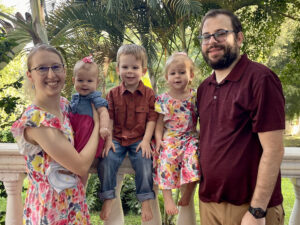
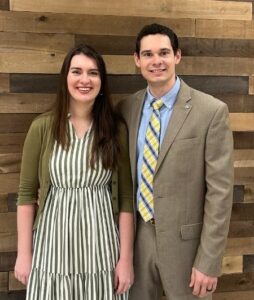
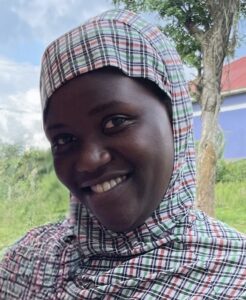 In the 1880s, the governor of Southern Sudan was driven from his country into Uganda. He and his soldiers were given protection from the British in return for their service. This group of Muslim soldiers and their descendants eventually became known as the Nubi people. In the 1890s, the British awarded the Nubi soldiers land in Kenya.
In the 1880s, the governor of Southern Sudan was driven from his country into Uganda. He and his soldiers were given protection from the British in return for their service. This group of Muslim soldiers and their descendants eventually became known as the Nubi people. In the 1890s, the British awarded the Nubi soldiers land in Kenya.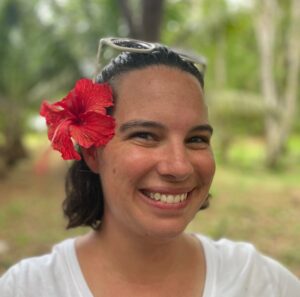
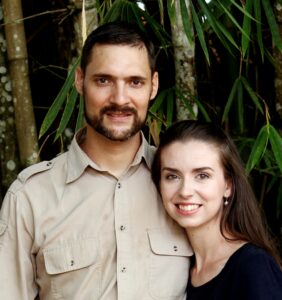
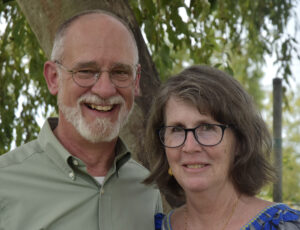
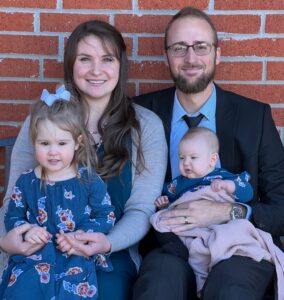
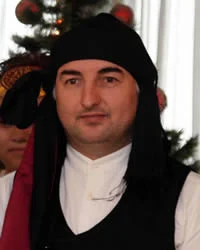
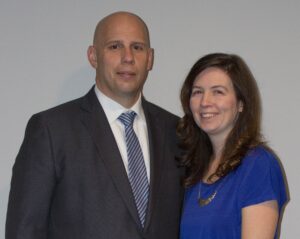
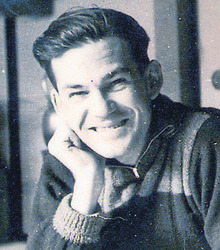

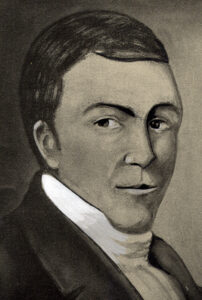
 There was no headstone for Charlotte Rowe until her name was uncovered among the missionaries appointed by American Baptist International Ministries during research as it prepared for its 200th anniversary.
There was no headstone for Charlotte Rowe until her name was uncovered among the missionaries appointed by American Baptist International Ministries during research as it prepared for its 200th anniversary.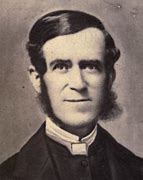
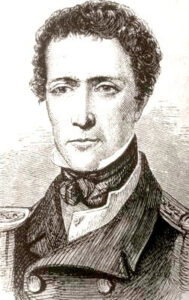 Allen Gardiner paced up and down the street, ashamed to go into the bookshop and ask for a Bible. He had thrown aside his religious upbringing at the young age of fourteen for the rowdy life of a sailor, but now he needed answers. The letter that arrived, telling of his godly mother’s prayer for him before her death, struck his heart with a desire to read the Book that he knew held life’s answers. Secreted with the newly purchased volume in the quiet of a Chinese temple, Allen Gardiner came to faith in Jesus Christ.
Allen Gardiner paced up and down the street, ashamed to go into the bookshop and ask for a Bible. He had thrown aside his religious upbringing at the young age of fourteen for the rowdy life of a sailor, but now he needed answers. The letter that arrived, telling of his godly mother’s prayer for him before her death, struck his heart with a desire to read the Book that he knew held life’s answers. Secreted with the newly purchased volume in the quiet of a Chinese temple, Allen Gardiner came to faith in Jesus Christ.